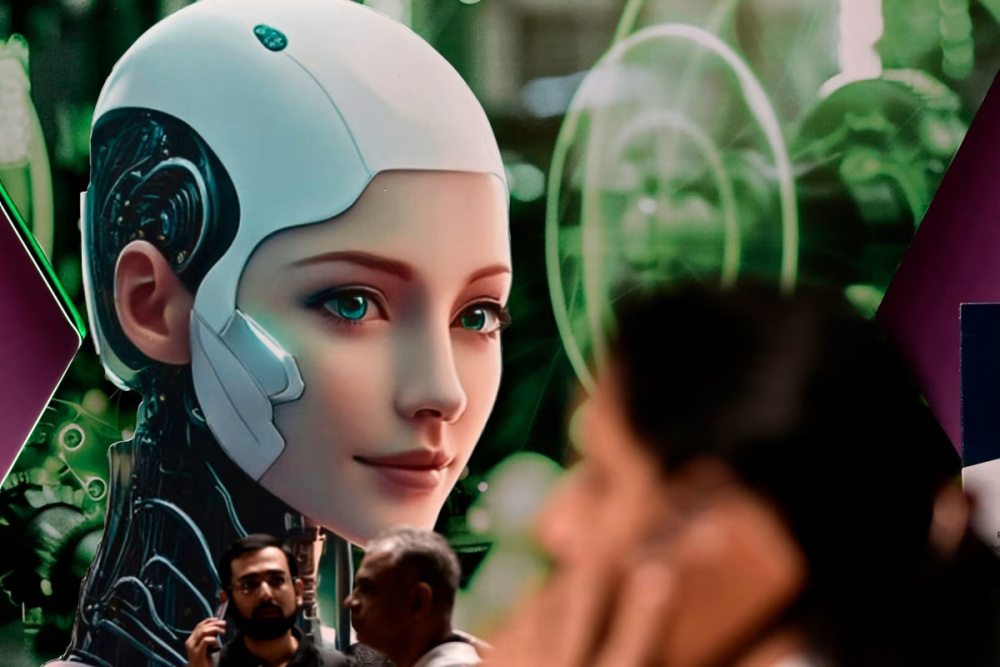
Tranh luận về AI: cường điệu, hoài nghi và sự thật có thể chỉ ở mức trung bình
-
Tác giả mở đầu bằng so sánh lịch sử: thu nhập bình quân đầu người trì trệ 3.000 năm trước khi công nghiệp hóa, và nhấn mạnh không nên vội vàng coi AI ngang hàng cách mạng công nghiệp. Có thể AI chỉ sánh với điện thoại hay bóng đèn trong cải thiện đời sống.
-
Tuy nhiên, lập luận hoài nghi cũng có hạn chế: quá dựa vào tiền lệ, thiếu chi tiết kỹ thuật, dễ sa vào giai thoại kiểu “ChatGPT cho tôi lời khuyên nguy hiểm.”
-
Quan điểm “hãy chờ xem” nghe hợp lý nhưng vô nghĩa cho nhà đầu tư hay người dân muốn chuẩn bị.
-
Tác giả nhận định: diễn ngôn AI yếu kém so với quy mô bàn luận.
-
Người thổi phồng thì quá gắn bó với lĩnh vực nên khó khách quan, đôi khi có lợi ích thương mại.
-
Người hoài nghi thì chỉ dựa vào các quy luật lịch sử, không có bằng chứng chắc chắn.
-
-
Sự so sánh với internet: nhiều phim, như The Simpsons thập niên 1990, từng chế giễu internet, nhưng GDP Mỹ thực tế không tăng vượt trội nhờ internet, và nhiều mặt đời sống không thay đổi căn bản. Vậy, internet vừa có tác động lớn về văn hóa, vừa khó đo lường bằng kinh tế. AI có thể cũng vậy.
-
Tình huống xấu nhất: AI phá hủy một lượng lớn việc làm nhưng không đủ để tạo đa số ủng hộ chính sách cứu trợ như thu nhập cơ bản toàn dân. Khi đó, hoài nghi đúng (tác động không toàn diện) nhưng người bi quan cũng đúng (xã hội bất ổn).
-
Điểm thú vị: tranh luận về AI phản ánh khí chất người nói. Người tin AI nguy hiểm thường lo âu; người tin AI là cơ hội thì lạc quan; người nghĩ AI không mấy quan trọng thường thản nhiên. Tranh luận vì thế ít về AI, nhiều hơn về con người.
📌 Bài viết lập luận rằng tranh luận về AI phần lớn yếu ớt: phe lạc quan thì cường điệu, phe hoài nghi thì dựa vào tiền lệ quá mức. Tác động thực tế có thể ở mức trung bình, khó đo lường, tương tự internet. Tình huống xấu nhất: AI làm mất nhiều việc làm nhưng không đủ để thay đổi chính sách, dẫn tới bất ổn xã hội. Cuối cùng, tranh luận AI phản ánh tính cách con người nhiều hơn là công nghệ.
https://www.ft.com/content/91505f5a-a8f8-4a52-a6a3-e2bf79422858
Thảo luận
Follow Us
Tin phổ biến



